 November 5
- November 9
November 5
- November 9
KCAS Bio will be participating in Society for Immunotherapy of Cancer (SITC) 2025, taking place on November 5-9 in National Harbor, MD. SITC 2025 convenes researchers, clinicians, and biopharmaceutical developers to explore the latest breakthroughs in immune-based cancer treatments. These field experts will discuss cutting-edge research and clinical needs within…
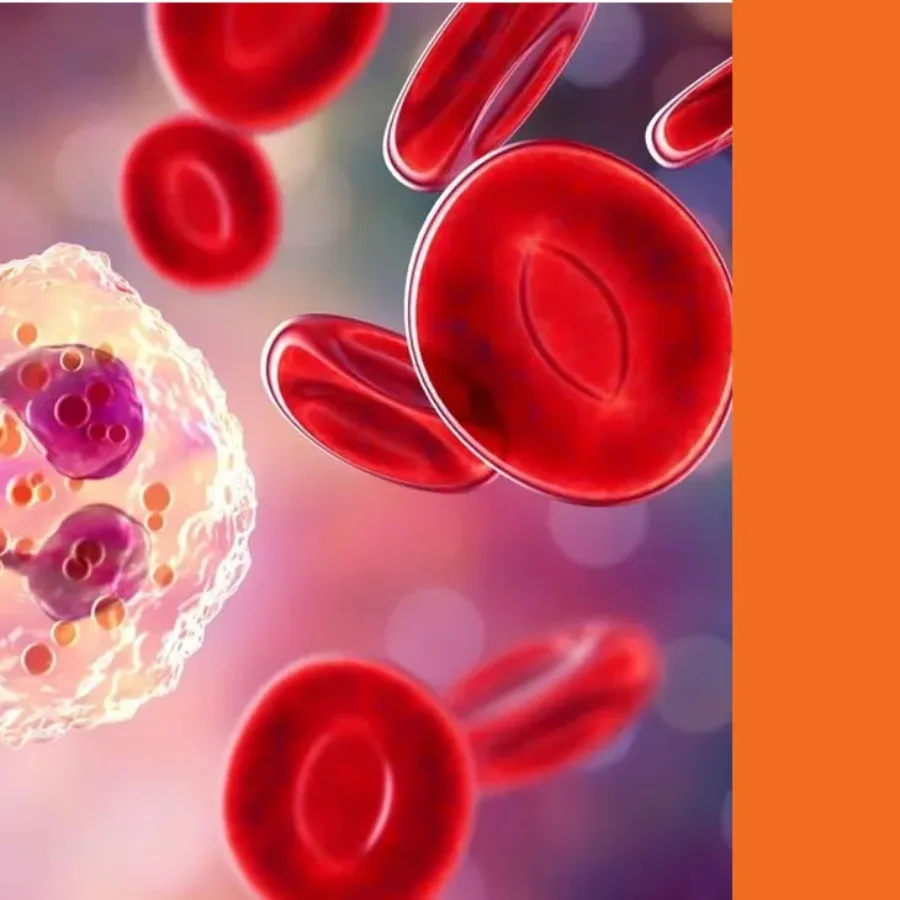 Blogs
Blogs
The Rise of Immune Cell Therapies and the Importance of Cell Profiling by Flow Cytometry Immunotherapy is revolutionizing patient care, both in traditional oncology applications as well as in autoimmune indications. The complex mechanism of action based on the enhancement or targeted suppression of immune responses is fraught with challenges;…
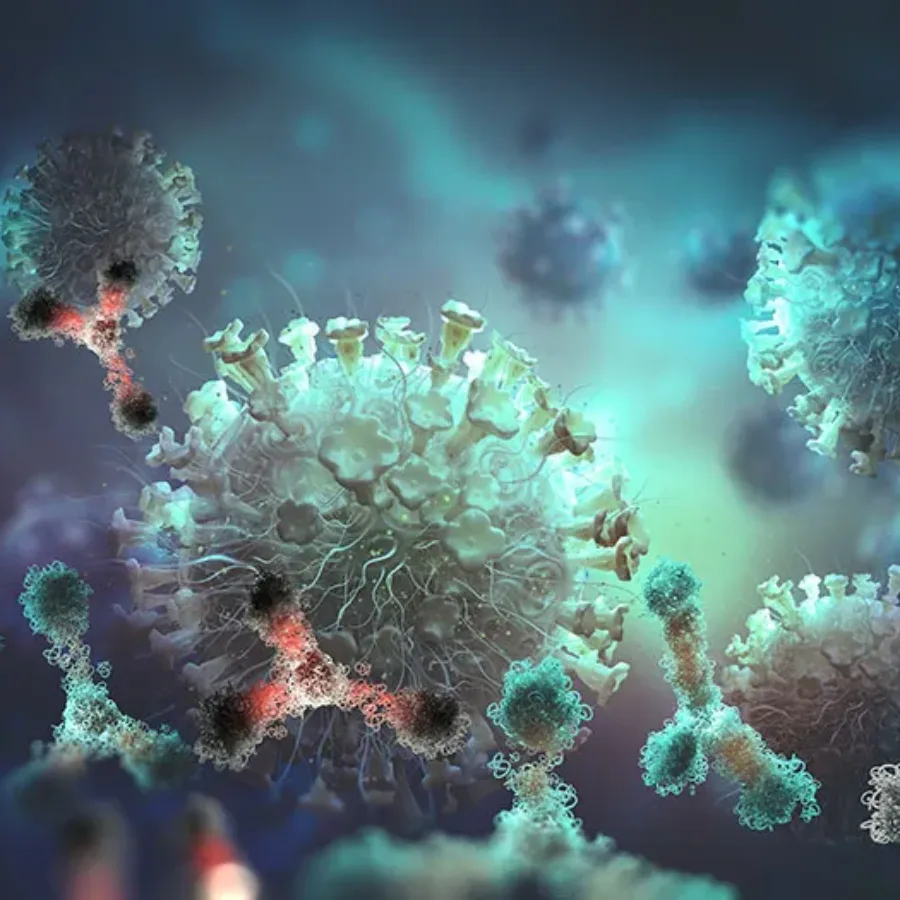 Blogs
Blogs
Immunotherapy research is a rapidly expanding field with a pipeline of monoclonal antibodies in development to treat a range of cancers and autoimmune diseases. The mechanism of action (MOA) used by an antibody to mediate a therapeutic response must be fully defined to enable a candidate antibody to advance down the preclinical development pipeline. It is also required for all antibodies used in clinical research and regulatory IND filings in order to optimize dosing and assess the risk of detrimental side effects.
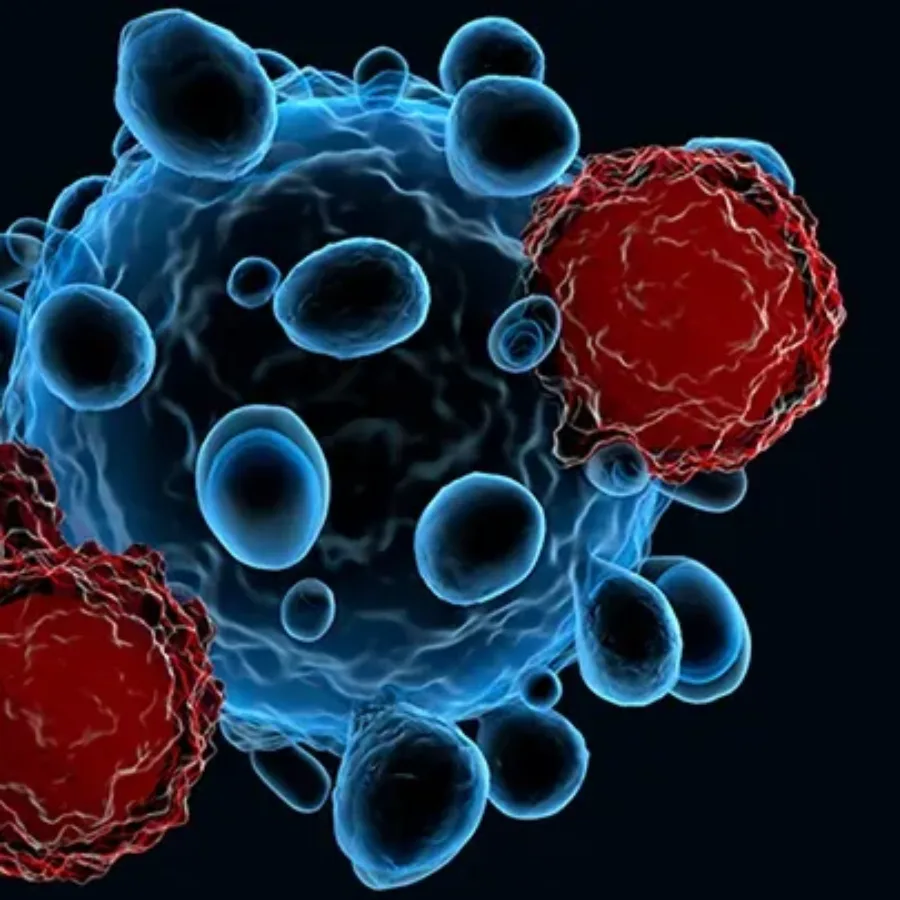 Blogs
Blogs
T cells are well known for their roles in combating cancer and infection, but chronic exposure to antigens and inflammation can cause T cells to enter a state of “exhaustion[1].” Exhausted T cells lose critical effector functions including cytokine production, the ability to proliferate and memory T cell differentiation is also compromised. Exhausted T cells also express inhibitory receptors and become unresponsive to IL-7 and/or IL-15-driven self-renewal. This progression toward T cell exhaustion results in diminished control of chronic infection or cancer. Exhaustion can occur in both CD4+ and CD8+ T cell populations and the phenotypes of these subsets is somewhat heterogeneous. Nonetheless, T cell exhaustion is reversible and various immuno-oncology interventions have been examined or are currently being evaluated in order to improve outcomes in cancer and chronic infection[2].
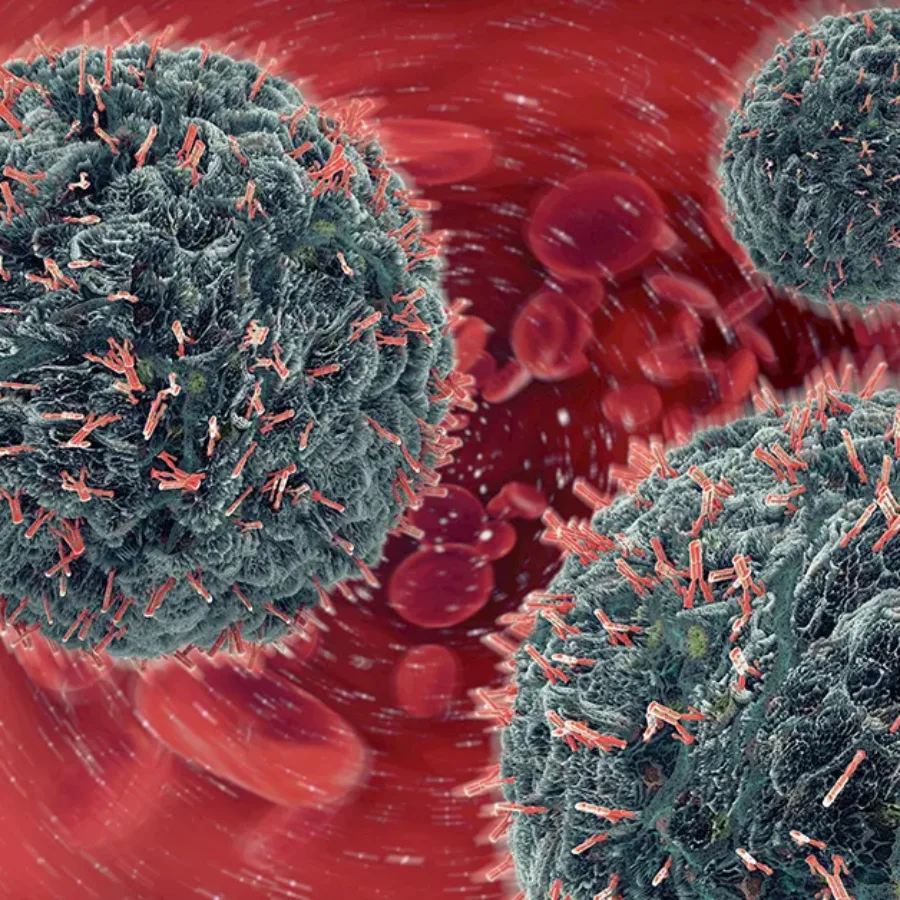 Blogs
Blogs
Immunotherapeutic molecules currently being used in the clinic are powerful immune modulators, but their effectiveness can be inconsistent between patients. Clinicians and scientists use different assays to evaluate why immunotherapies fail in the clinic. The flow cytometry-based receptor occupancy (RO) assay is a critical tool for evaluating the effectiveness of immunotherapies in the clinic. Here are three features of flow cytometry-based RO assays that give them clinical value.
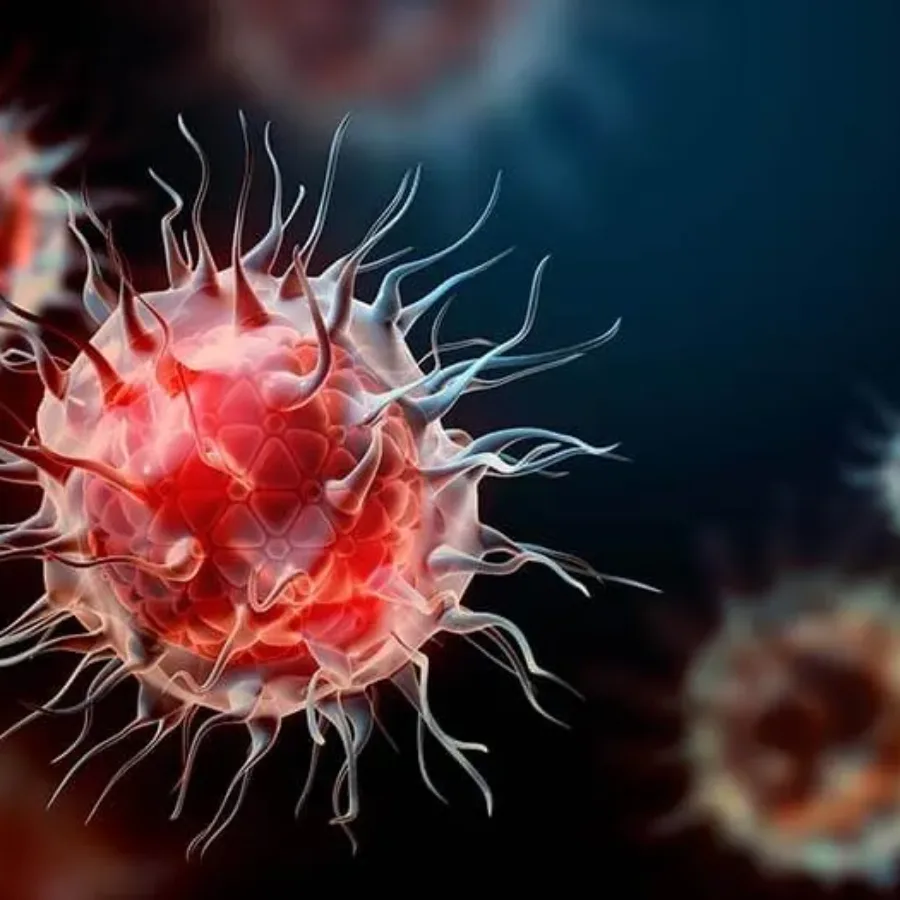 Blogs
Blogs
The term 'Dendritic Cells' (DCs) represents a family of immune cells derived from CD34+ hematopoietic stem cells in the bone marrow, with various functions that provide a key link between the innate and adaptive immune responses. The most widely described function of DCs is to capture, process, and present antigens to adaptive immune cells and mediate their transition to effector functions. In fact, DCs are the only antigen-presenting cells capable of stimulating naïve T-cells. In recent years, DCs have become the focus of translational research efforts to describe the role these cells play in allergies, autoimmunity, and cancer as well as their role in vaccine responses. In this blog, we explore the flow cytometry approaches used to examine DCs and their potential as therapeutic targets.
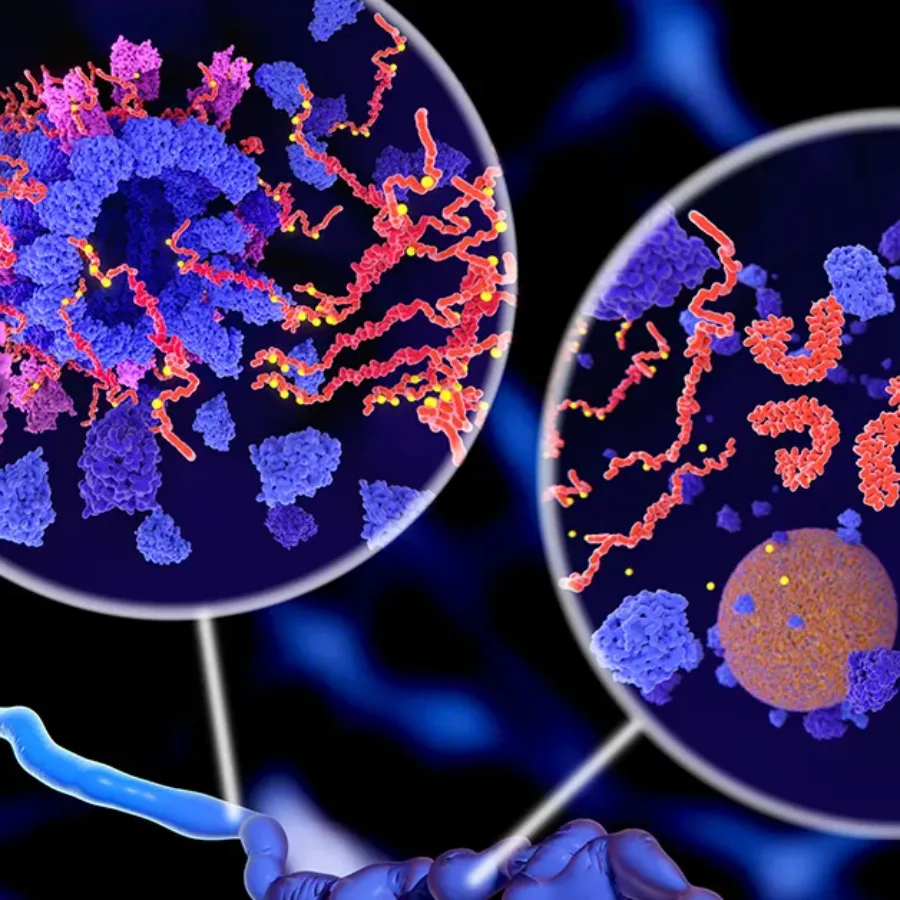 Blogs
Blogs
Phosphoflow cytometry assays are becoming a valuable tool for researchers developing immuno-oncology applications because data from these assays can provide critical mechanistic insights. Phosphoflow assays measure phosphorylated proteins in cells, which is a critical readout for cell signaling responses. Check out these five facts about phosphoflow cytometry and consider adding this tool to your cytometry toolbox.
 Blogs
Blogs
What is the primary role of Natural Killer (NK) cells? Natural killer (NK) cells are the predominant innate immune cells that mediate anti-tumor and anti-viral responses, and therefore possess good clinical utilization (Abel et al. 2018). Natural killer cells comprise 10–15% of peripheral blood lymphocytes and classically display a half-life of approximately 7–10 days in the circulation (Moretta et al. 2000).
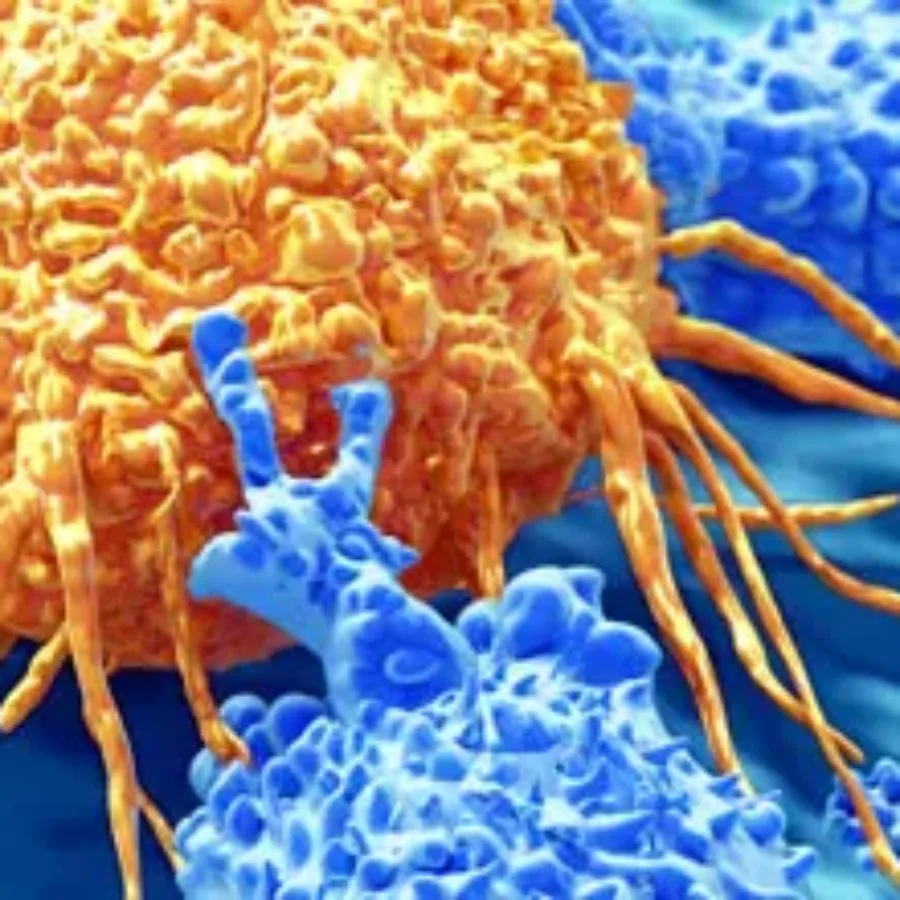 Blogs
Blogs
Immuno-oncology is a growing field. The goal is to augment the patient’s immune system to attack the cancer cells. The current lines of treatment for cancer are radiation, chemotherapy, and surgical resection. If these treatments do not work, physicians can seek alternative treatments, such as immune-oncology therapeutics. Two emerging immune-oncology…